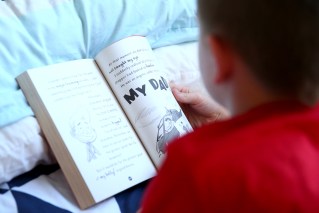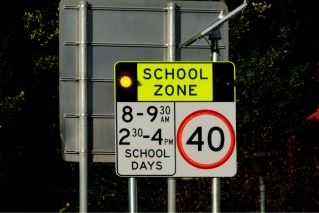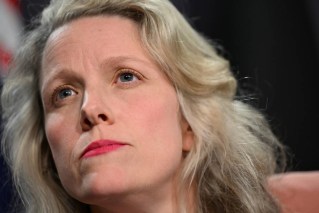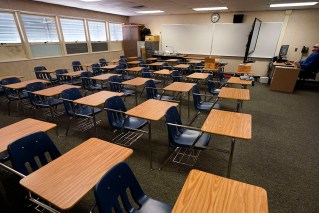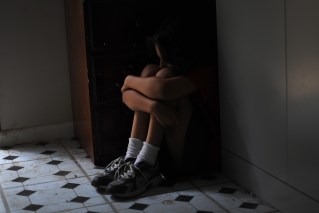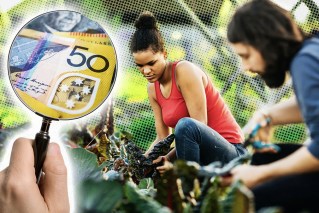No crisis in the classrooms, but student teachers need more support

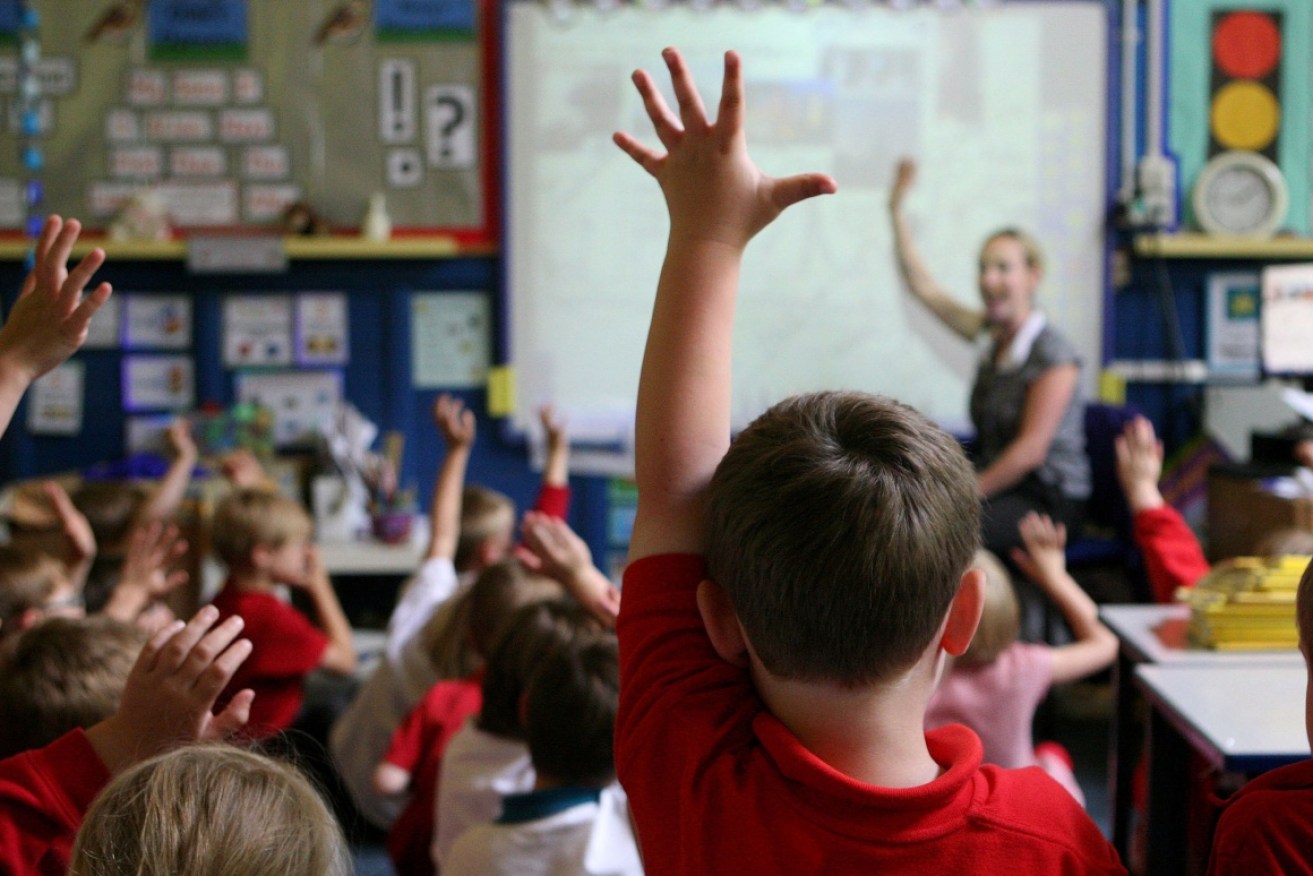
An expert has poured hot water on claims Australian teachers are under-prepared when entering the workforce. Photo: PA Wire
An expert has rejected claims new teaching graduates are under-prepared to enter the workforce, but said more support is needed for those transitioning from studies into the classroom.
The Centre for Independent Studies published Starting off on the wrong foot: How to improve Initial Teacher Education in Australia on Monday, and the authors argue that graduates are consistently under-prepared before entering the classroom compared to foreign counterparts.
Simon Leonard, associate professor of STEM Education at University of South Australia, told The New Daily that while teacher education in Australia isn’t perfect, the report doesn’t factor in the cultural differences in measuring satisfaction used to justify its claim.
“Where the set-up is much more market-based, like Australia where the universities are in competition, we tend to see students are very happy to highlight any deficiencies,” he said.
“When we go to somewhere where education has a more traditionally bureaucratic and state-organised approach, students tend to think this must be right.”
The report also states teacher education has “a quality problem” and Australia is decades behind in reforms compared to overseas counterparts.
Professor Leonard said all education programs have room for improvement, but Australia produces good education programs.
“What we’re looking at in Australia is the opportunity to go from a very good teacher preparation system to a great system,” he said.
“We often see these reports come out and say because we’ve looked at an aspect of what you do, we’re seeing a crisis and the crisis isn’t there.”
Areas for improvement
Professor Leonard said one area he believes needs to be improved is the transition from education into classroom teaching.
“Preservice education is an opportunity to build some of the basics,” he said.
“It is only a very short experience we are able to offer within the university context, but the system is still working on that transition into early career.”
Most students spend four years studying full-time to be a teacher and according to the Centre for Independent Studies report there won’t be “a lack of potential candidates starting teaching degrees”, but the problem is too many drop out and never enter the classroom.
Professor Leonard said the attrition rate – where students don’t complete their studies – is highest in rural, regional and low socio-economic areas, and more can be done to support teachers there.
“We need more people from these backgrounds in teaching, if only because they are more likely to go and teach where we have the biggest workforce shortages,” he said.
“We have some big structural barriers for many people from those groups.”
The report argues there isn’t enough consistent support in the partnership between providers of education, host schools and preservice teachers, and Professor Leonard suggested one solution is to provide pay or scholarships for placements and other practical workplace learning.
“At the moment the policy and employment settings we work within makes it an audition rather than a learning opportunity,” he said.
“If we want to adopt the findings of the science of learning into the complexity of everyday school practice — to go beyond the nicely controlled hot-house conditions we create in research — then we need to allow student teachers and in-service teachers to experiment, and to do so collaboratively.”

Professor Leonard suggested students could be paid for placements, reducing drop outs. Photo: Facebook/UNSW
Future reform
Professor Leonard said while there are always calls for reform, it is important to get sustained change instead of the “flavour of the month”.
“Change is a slow practice because the teachers are actually working with dozens of objectives all at once,” he said.
“We’re trying to change basic skills, we’re trying to improve the great capacities, critical thinking and creativity, and we are trying to ensure students are able to engage in the society around them and be prepared for jobs.”
He said it is a collaborative process involving not only teachers, but students and parents too.
“If you say we are going to reform fast, well, it’s going to be a fast reform that will fail.”



